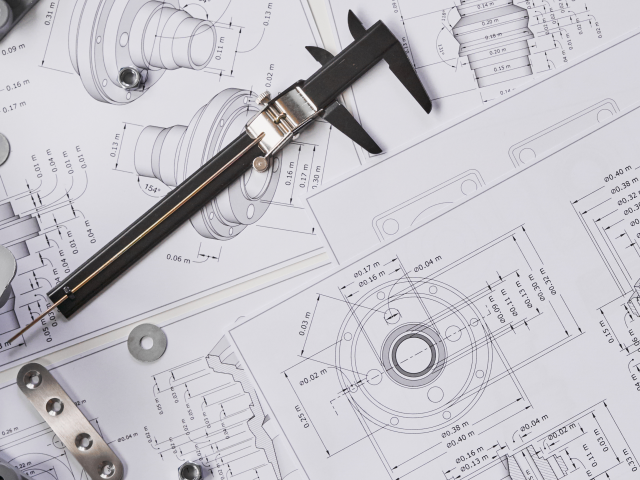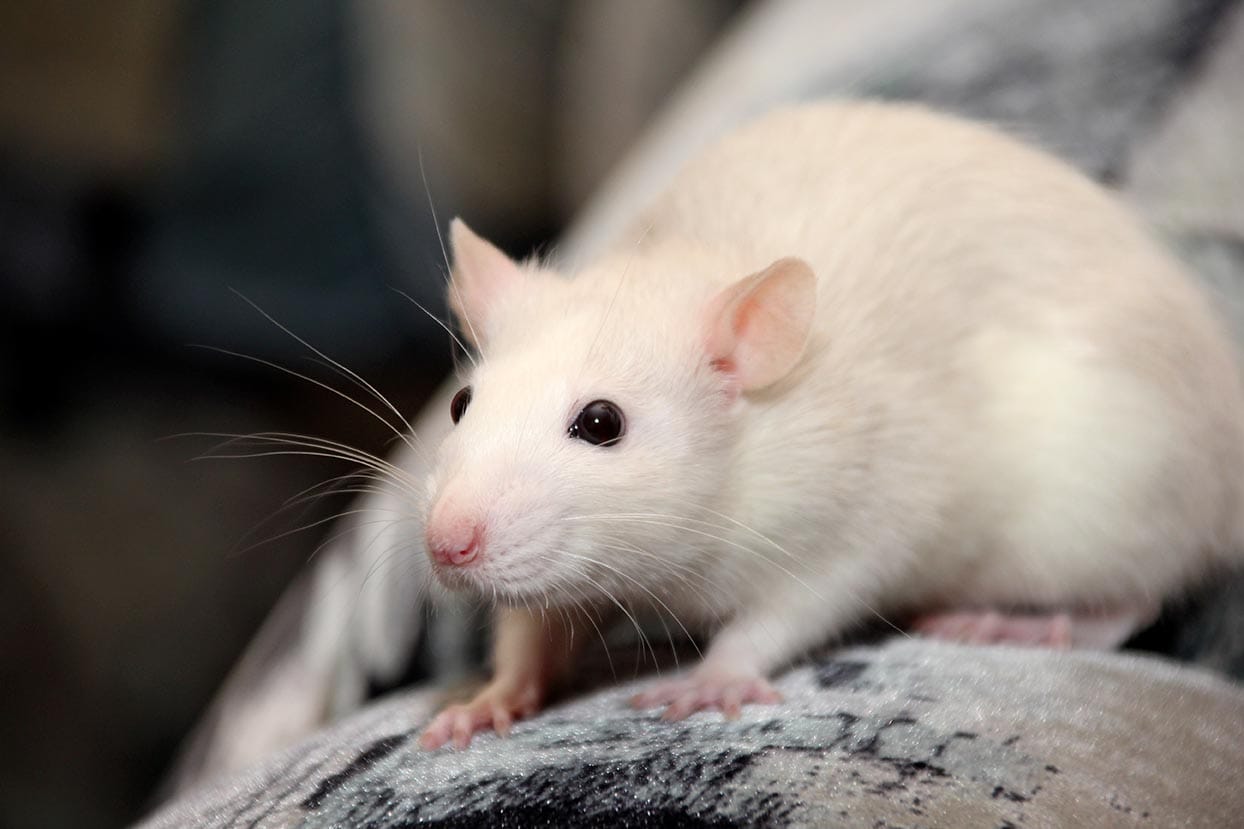

Rats can make excellent pets. They are bright, intelligent, and they enjoy human company. This does mean that you have to dedicate some time every day to interact with your rats, but they will repay the effort. Social interaction is important. If you fail to dedicate time to your rats, they can become anxious and may bite when you do try getting them out. Let’s dig a bit deeper into what makes rats happy and how to tell when they’re feeling good.

Signs of Happiness
A happy and content rat is a responsive and friendly rat, and below we have highlighted 11 signs that your rat is stress-free and enjoying life.
1. Chattering
Rats are not particularly loud, but they do vocalize their emotions. They chatter, and they are making noises almost all the time, it’s just that those noises are in the high-frequency range that people cannot properly hear. You will start to pick up on the noises, and as the bond between human and rat grows, your little rodent will chatter at you more often.
After some time, you will notice that some of the noises your rat makes are clearly directed at you. They will look up at you while squeaking and vocalizing, and they might be more inclined to make these noises when they are waiting for food or when they are out of their cage.
Rats will also make happy little chirrups while you stroke them and give them attention.
2. Licking
Rats are like dogs in some ways. Specifically, they lick as a means of showing emotion and communicating with you.
As such, there are plenty of reasons why your rat might lick you, but the most common reasons are that you taste like food or because they are trying to fix you or cure you. It is also a means by which they can get used to your smell, so it is a social tool. Scent recognition is an important social response and the better your rat recognizes your smell, the closer their bond with you.
Although there are several reasons why a rat might lick its owner, none of those reasons are negative, so you do not need to discourage it.
3. Grooming
Rats lick themselves as a means of self-grooming, which is something they do when they are happy, content, and comfortable. An anxious rat would not groom itself because it would be in a prone position while doing so.
A rat won’t try to groom a human, but if your rat sits on you while grooming, it is a very good sign that they are comfortable in your presence. Not only do they not perceive you as a threat, but they may see you as a protector.
4. Scenting
Scent marking is common in the animal kingdom. A lot of species mark their scent as a means of marketing their territory or their possessions and as a means of being able to locate a place again.
Rats use scenting in a similar way, and they may choose to scent mark you because they view you as part of their world. It might not always feel like it, but this is a genuine compliment.
The reason that scent marking might not always feel like a compliment is because there are two ways of marking and one is to pee on you. This is especially common with male rats, but females also use this method sometimes. Hopefully, for your sake, your rat will prefer the other method of scent marking which is to rub their body against you.
5. Cuddles
Rats are surprisingly affectionate. Surprising to first-time owners, anyway. Experienced owners will have experienced this first-hand.
A rat that feels close to you will be more than happy for you to cuddle up. Obviously, a rat is much smaller than you are, so you need to take care to prevent any injury and to ensure that you don’t cause unnecessary pain or harm to your pet.
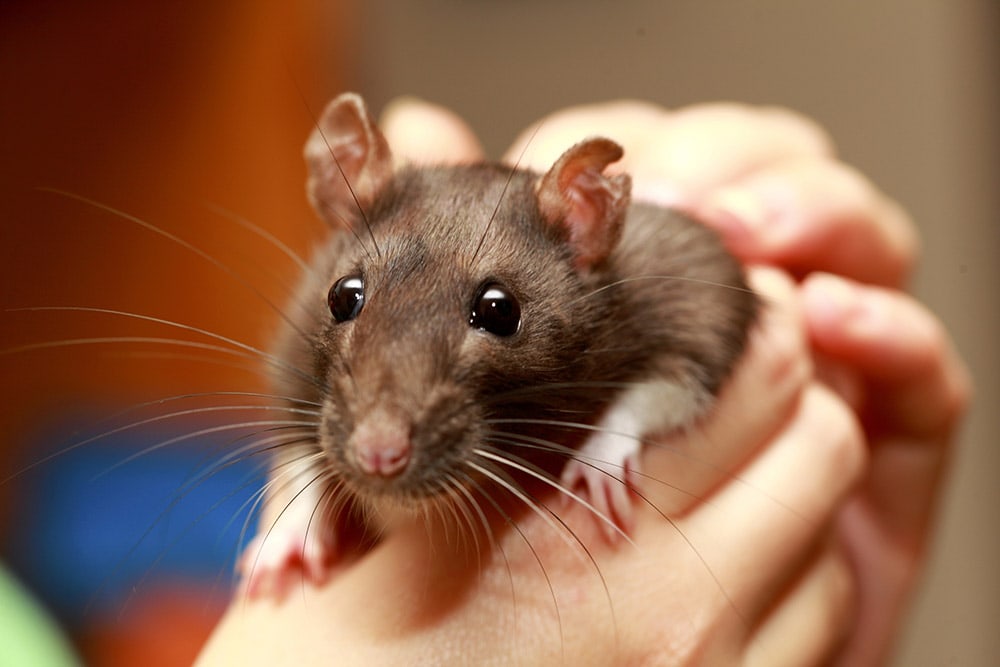
6. Trust
Although rats love to eat and they enjoy a tasty treat as much as the next pet, they won’t take food and snacks off just anybody. They have to really trust you before they will take a biscuit or other food item from you, so if you can hand feed your rat, it is a good sign that it completely trusts you and is happy in your life.
As exciting as it is to find out that your rat trusts you, ensure that you don’t get carried away. It is very easy for rats to put on too much weight, and an overweight rat is more likely to get ill and suffer serious health problems.
7. No Threat Behavior
As loving and sweet as your rat might be, this isn’t always necessarily the case. In fact, rats have an incredible threat response. They will hiss, scratch, growl, and make a host of other noises at anything they deem to be a threat. If you adopt a new rat, it may respond like this initially, and it will take time for your rat to get used to you.
Once your rat stops responding with threat behavior, it is a sign that a bond is being built and that your rodent is starting to trust you.
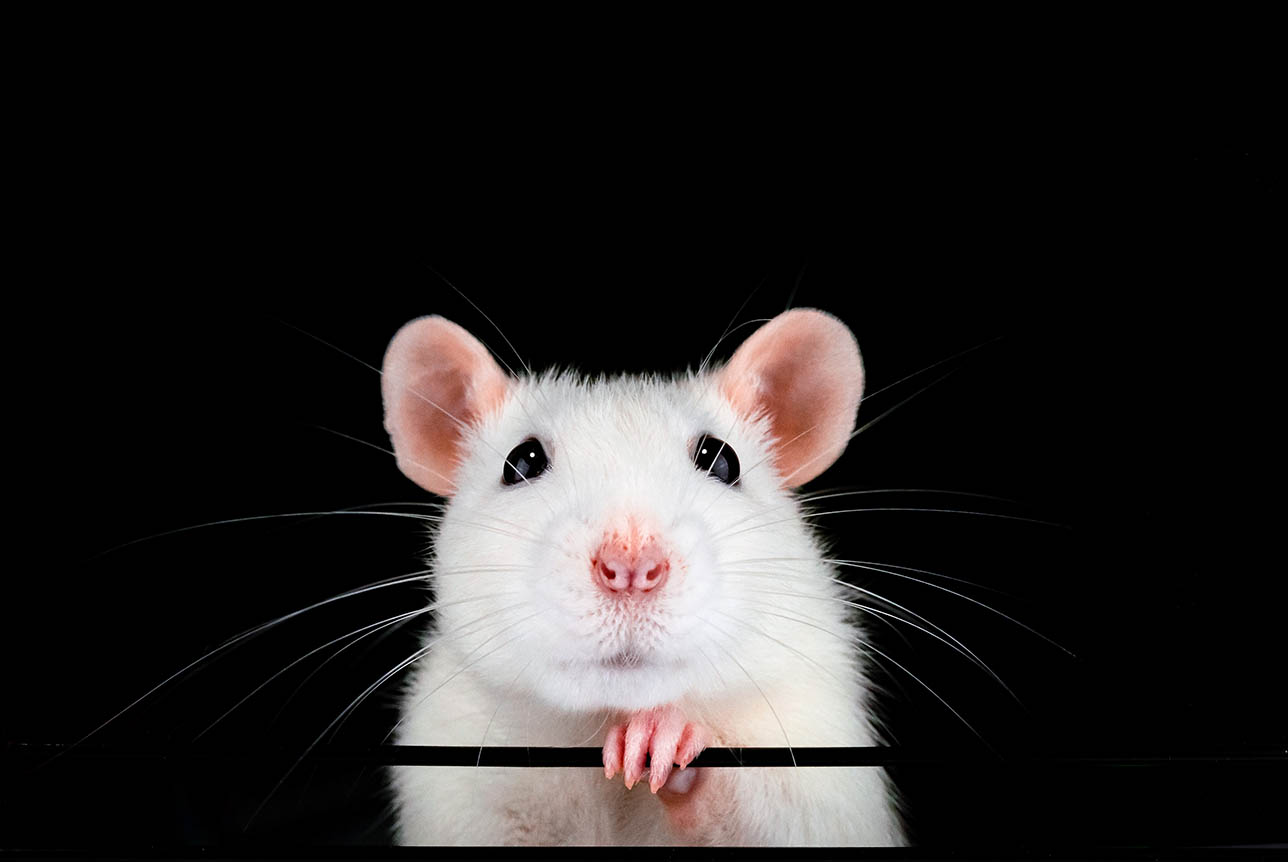
8. Pink Ears
Rats display some unexpected responses to love, affection, and tickling. They will chatter at you in such a way that it sounds like they’re laughing, and if they are really enjoying having their chins tickled, their ears turn pink and also hang loosely from the side of their head.
Scientists are unsure why tickling might cause blood to rush to a rat’s ears, but if their ears are hanging loosely by the side of their head it means that they are so comfortable and confident around you, that they do not need to be on their guard. Rats have large ears because they use them to sense danger. When the ears are standing erect on top of the head, they are directing noise inwards. When the ears are hanging loosely, the rat is unable to hear noises as well.
9. Boggling
Boggling can be a little disconcerting when you first see it. It is the action of a rat’s eyes popping in and out of the eye socket. Their eyes appear to close and then become very large. This is actually a sign that they are grinding their front teeth together, which is something that they only usually do when they are content and happy.
10. Bruxing
Rats have large, prominent incisors, so it stands to reason that they have several actions and reactions that involve one of their most impressive tools. Bruxing is the grinding of the teeth, which leads to boggling.
Bruxing refers to the noise that is produced when rats grind their teeth, and while it can occur when a rat is stressed, it most often happens when a rat is happy and content. When bruxing becomes particularly intense, it may lead to eye-boggling, as mentioned above.
11. Front and Center
Like a lot of animals, if a rat doesn’t like you or is unsure of you, it is likely to stay out of your way. In contrast, rats do recognize their owners or their smell, and they may choose to approach the cage bars to greet you when you enter a room or simply because they want some attention and want out of their cage.

How to Build Trust
Rats are naturally apprehensive around new people and in new situations, but most are willing to form a bond with their humans.
- Dedicate some time to your rat and try hand feeding with little tidbits. Accept the fact that your new rat might not be willing to take food from your hand straight away.
- Get him out of the cage and place him somewhere near you while you watch TV or go about your businesses. This will give him a chance to get used to the smell of you and being around you.
- When you first approach your rat, offer it your hand to smell. It will continue to get used to your smell until, eventually, you won’t need to offer your hand in this way.
- Try to start bonding with your rat when it is young. Although you can still bond with an older rat, it is easier with a juvenile.
- Don’t shout or make sudden movements. You are much larger than your rat, and it is easy to make noises that will scare him. If you do this too often, your rat will associate you with those loud noises.
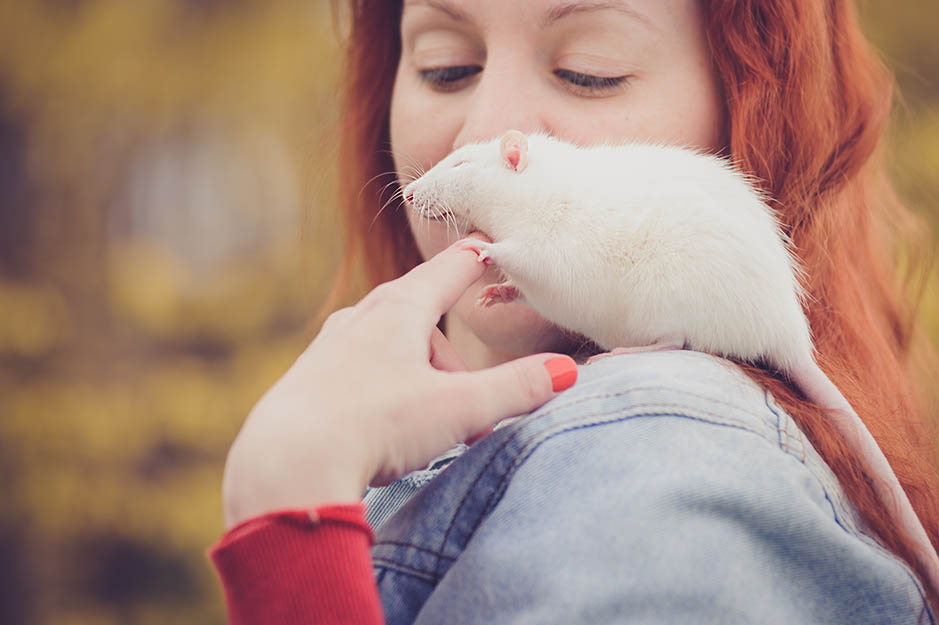
How Do Rats Show Affection to Humans?
Rats show affection to humans in many of the same ways as dogs do. They will allow you to stroke and rub them, will vocalize their emotions, and they may also lick you as a show of acceptance.
Can Rats Recognize Their Name?
Rats are very intelligent animals and make great pets. They can even be taught to recognize and respond to their name, and with a lot of time, effort, and plenty of treats, you can teach rats some basic tricks and responses. Use your rat’s name whenever you approach and whenever you intend to get them out of the cage or pick them up. Give them a treat when they respond, in the same way, that you would use positive reinforcement training with a dog.
They will soon start to recognize that you make that noise whenever you want their attention. It will take time, and not all rats will learn their name in this way.

How to Tell If Your Pet Rat Is Happy
Rats are sociable and sweet pets. They can be taught to respond to their name, enjoy time with their loving human family, and respond in kind when they are enjoying being loved and cuddled. Above, we have listed 11 ways in which you can recognize that a rat is happy and content, but you should know your rat and its responses better than anybody, so you will have the best understanding of when it is happy and when it might be feeling stressed or anxious.
Featured Image Credit: SHARKY PHOTOGRAPHY, Shutterstock
Nicole is the proud mom of Baby, a Burmese cat and Rosa, a New Zealand Huntaway. A Canadian expat, Nicole now lives on a lush forest property with her Kiwi husband in New Zealand. She has a strong love for all animals of all shapes and sizes (and particularly loves a good interspecies friendship) and wants to share her animal knowledge and other experts’ knowledge with pet lovers across the globe.

![20 Press Release Submission Websites List 2024 [Free & Paid]](https://bloggerspassion.com/wp-content/uploads/2024/04/press-release-websites-list.png)
